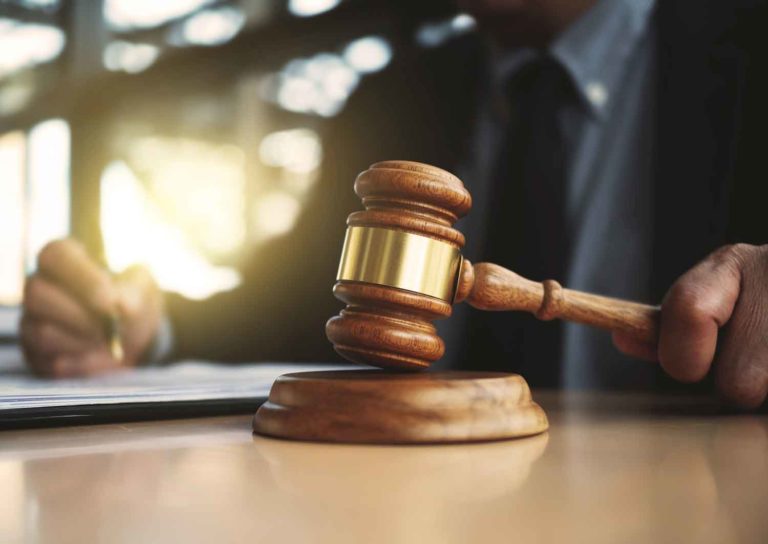
South Dakota cannabis activists received unwanted news on Thanksgiving. The state’s Supreme Court finally announced their verdict on voter approved Amendment A which would legalize recreational cannabis for adults. Similar to the lower court decision, the Supreme Court determined Amendment A is unconstitutional. In a final 4-1 vote, Amendment A is now invalid in the state of South Dakota.
Reasoning
According to the justices, Amendment A is mostly valid. The amendment almost exclusively relates to recreational cannabis legalization. Those points include licensing, regulation and taxation of products, and distribution. However, Amendment A held instructions for the legislature to authorize medical cannabis and the cultivation of industrial hemp at home. Those topics are outside of the scope of cannabis legalization. This is where Amendment A becomes about more than one topic, making the amendment unconstitutional.
“In reaching its decision, the majority opinion explained that the provisions involving recreational marijuana, hemp, and medical marijuana each have separate objects and purposes, which were not dependent upon or connected with each other,” the Supreme Court’s verdict read. “The drafters’ failure to comply with the single subject requirement in the South Dakota Constitution Article XXIII, § 1 meant that voters were unable to separately vote on each distinct subject embraced in Amendment A.”
The South Dakota constitution “is not violated simply because a proposed amendment includes multiple provisions,” the verdict continues. “Rather, a violation occurs when the proposed amendment contains more than one subject, with different objects or purposes, that are not dependent upon or connected with each other.”
Reaction
South Dakotans for Better Marijuana Laws (SDBML), the organization behind Amendment A, expressed disappointment with the court’s unconstitutional decision. The campaign director, Matthew Schweich, took to Facebook and spoke on behalf of the organization.
“We believe that this ruling from the South Dakota Supreme Court is extremely flawed,” Schweich explained. “The court has rejected common sense and instead used a far-fetched legal theory to overturn a law passed by over 225,000 South Dakota voters based on no logical or evidentiary support. The ruling states that Amendment A comprised three subjects — recreational marijuana, medical marijuana, and hemp legalization — and that South Dakotans could not tell what they were voting on when voting for Amendment A. It’s a legal stretch and one that relies on the disrespectful assumption that South Dakota voters were intellectually incapable of understanding the initiative.”
Opposite of SDBML, Governor Kristi Noem, R, who opposed Amendment A, congratulated the Supreme Court for holding up the law.
“South Dakota is a place where the rule of law and our Constitution matter,” the governor tweeted, “and that’s what today’s decision on Amendment A is about. We do things right – and how we do things matters just as much as what we are doing. We are still governed by the rule of law.”
Next Steps
The Supreme Court’s unconstitutional decision doesn’t affect the state’s medical cannabis program as well as the USDA approved hemp program. But hope remains. Activists began collecting signatures for a new recreational cannabis bill. SDBML says it won’t violate the state’s single subject clause again. Recently they received an initial setback by not collecting enough signatures for a November deadline. Activists continue to collect signatures for a potential May 2022 deadline.
Additionally, the state recently issued its first round of medical cannabis patient cards. Patients can now go to certified medical cannabis dispensaries with their valid card, and purchase their prescription. Earlier this year, Initiative Measure 26, which legalized medical cannabis, almost became overturned by Governor Noem as well. If medical cannabis can make it in South Dakota, then so can recreational cannabis, activists say. It may just take longer than they hoped for.
Make sure to check back for more cannabis, hemp, and psychedelic related news.